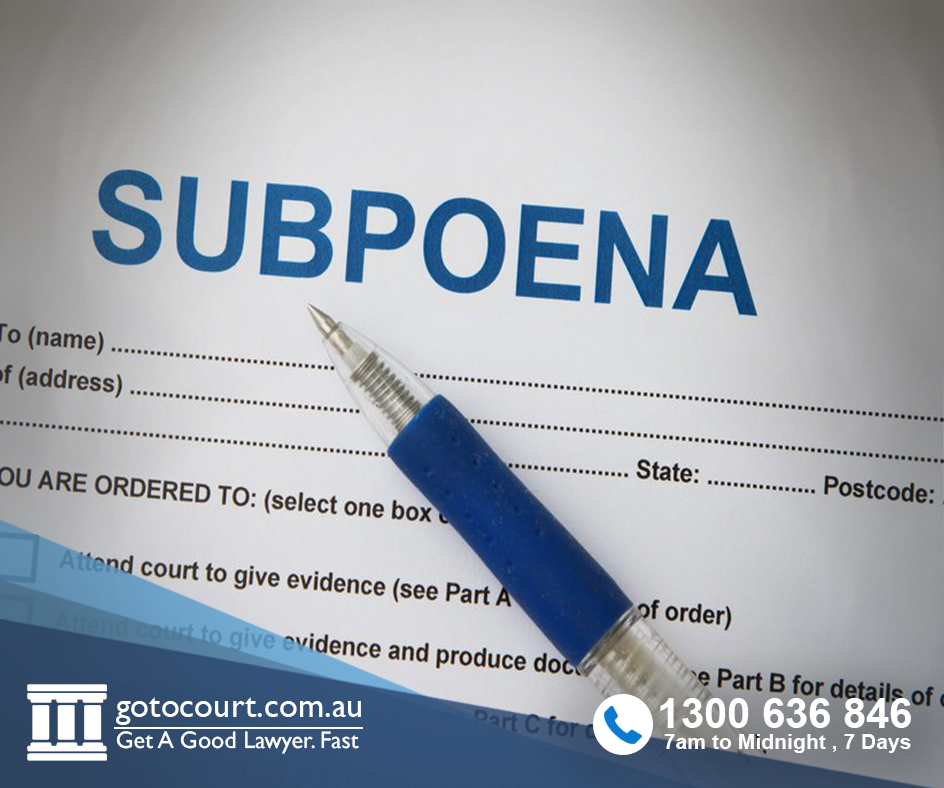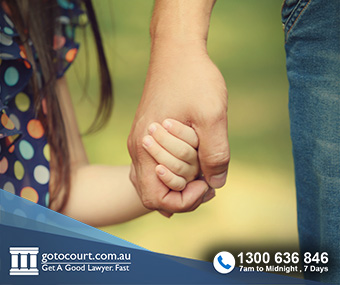Child Responsive Program in Australian Parenting Cases
Please note that the below information is no longer applicable to parenting matters in Australia. It related to the Family Law Rules 2004, which have now been replaced by the Federal Circuit and Family Court (Family Law) Rules 2021. For current information on parenting matters in Australia, please visit this page.
Parenting matters in Australia are dealt with through a Child Responsive Program, which is designed to help parents and the court focus on a child’s best interests. The child is actively involved in the process, as research shows this can help parents better understand their children’s needs and make clearer decisions about future parenting arrangements. A study performed the year after the Child Responsive Program was introduced showed that the program also increased parents’ willingness to attempt to cooperate with each other, and helped detect children and parents who required specialist support. The Family Law Rules 2004 govern the Child Responsive Program.
What is the Child Responsive Program?
The Child Responsive Program aims to focus on the best interests of children involved in a parenting dispute. It is designed to help parents and the court assess and understand the needs and wishes of their children, and to determine which types of parenting arrangements may best fulfil these needs.
The program also helps the court determine how the family law system can best deal with that particular parenting case (for example, whether additional resources are needed).
A court-appointed family consultant will first meet with parents and children involved in the dispute to help determine the children’s particular needs and wishes.
In some cases, participating in this program can lead to an agreement about future parenting arrangements. However, if the parties still cannot agree on the best future arrangements for their children, the case will proceed to a less adversarial trial (discussed below).
When does the Child Responsive Program apply?
The Child Responsive Program is used for parenting cases in the Federal Circuit and Family Court of Australia (FCFCA).
The court Registrar may order parties to attend the program if they have not settled their case by the end of the initial procedural hearing.
The initial procedural hearing occurs early in the parenting case process and allows the Registrar to assess the case and make orders about how the case should be conducted.
For matters in the Federal Circuit Court, parties may be ordered to attend a Child Inclusive Conference or a Child Dispute Conference. These are different to the Child Responsive Program, which only runs in the Family Court.
Who is the family consultant?
Under section 11F of the Family Law Act 1975 (Cth) the court can order the parties to attend family consultant appointments as part of the Child Responsive Program.
The family consultant will be a qualified social worker or a psychologist who has been appointed because they have experience working in family and children’s matters. They are also recognised as expert witnesses for parenting cases and other children’s matters.
More information about family consultants can be found on the Family Court website.
How does the Child Responsive Program work?
There are three main steps in the Child Responsive Program. Once a family consultant has been assigned to a particular parenting case, the same consultant will be involved throughout the process.
Information given to the family consultant is not confidential and anything the parties say can be admitted as evidence in court under section 11C Family Law Act 1975 (Cth).
First Step: intake and assessment intake meeting
During this first step, each parent will meet separately with the family consultant. This is to discuss their children and any difficulties they believe they may encounter with parenting arrangements. The family consultant will also be screening for any potential risk issues, such as family violence or abuse.
The children are not present for this initial assessment.
Before the meeting, parents may also need to watch a DVD presentation, which is designed to help them understand how children experience family separation.
Second Step: child and family meeting
The children will be involved in the second meeting if the family consultant believes it will be helpful for their assessment. For example, meeting the children may not be useful if they are very young.
The family consultant will usually meet with the parents again, before spending time with the children. Children will be interviewed individually and together. Parents will not be present when the family consultant meets the children (allowing the children to speak freely).
These meetings provide an opportunity for children to talk about their experiences and feelings during family separation, and their wishes regarding future parenting arrangements. However, children cannot be forced or required to express their views. This includes being forced by their parents or the family consultant (see section 60CE Family Law Act 1975 (Cth)).
After these meetings, the family consultant may give the parents feedback about their children’s views and experiences. In some cases, this will help the parents discuss future parenting arrangements and may lead to an agreement between the parties.
Third step: The Children and Parents Issues Assessment
The family consultant will then write the Children and Parents Issues Assessment after completing their meetings with the family. This assessment summarises the main issues relating to the parents and children that were identified during these meetings. It also records any feedback the family consultant gave the parents, and any subsequent discussions.
Parents (or their lawyers) will receive a copy of this assessment, which can sometimes lead to the parties reaching an agreement about future parenting arrangements. This can mean the parties do not need to continue to trial.
If a parent does not agree with the assessment, they can challenge it in court. The court does not have to follow any family consultant advice contained in the assessment, as it is only one source of evidence for the court to consider.
Challenging the Children and Parents Issues Assessment could occur on the first day of the less adversarial trial (discussed below).
What happens after the program?
A procedural hearing will take place as soon as practicable after the parties have completed the Child Responsive Program. This is required by Rule 12.09 of the Family Law Rules 2004 (Cth).
The Registrar holds this hearing to determine how the parenting case will proceed. Some of the orders that can be made at this hearing include:
- Referring the parties to family counselling or dispute resolution;
- Appointing an Independent Children’s Lawyer;
- A requirement for each party to complete a parenting questionnaire; and
- Allocating the first day before the Judge in a less adversarial trial.
Parties will usually attend this hearing via electronic communication.
What happens at the less adversarial trial?
Less adversarial trials are used for many parenting cases in the Family Court. They are conducted less formally than a conventional trial, with the judge having an active role in deciding what evidence each party will present to the court. The judge can also call the family consultant who conducted the Child Responsive Program to give evidence at the trial.
The family consultant’s evidence could include their assessment of the children’s needs, or of any other issues affecting the parents. This evidence is based on the family consultant’s understanding of the family’s situation gained through the program meetings, and can help determine the best interests of the children.
The court will also decide whether the family consultant should provide further assistance, such as more reports on the family.
Review meetings after the trial
As a final step in the Child Responsive Program, the court may require post-trial reviews of any parenting orders that are made.
In this situation, the family consultant will meet with the parents and children after the trial to ensure they understand what the parenting orders mean, and how they will work.
The court may also order the parents and/ or children to attend other services, such as counselling for additional help, if necessary.
More information about attending the Child Responsive Program can be found on the Family Court website.
If you require legal advice or representation in any legal matter, please contact Go To Court Lawyers.








